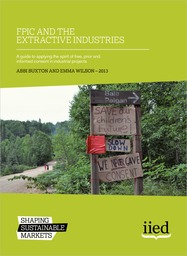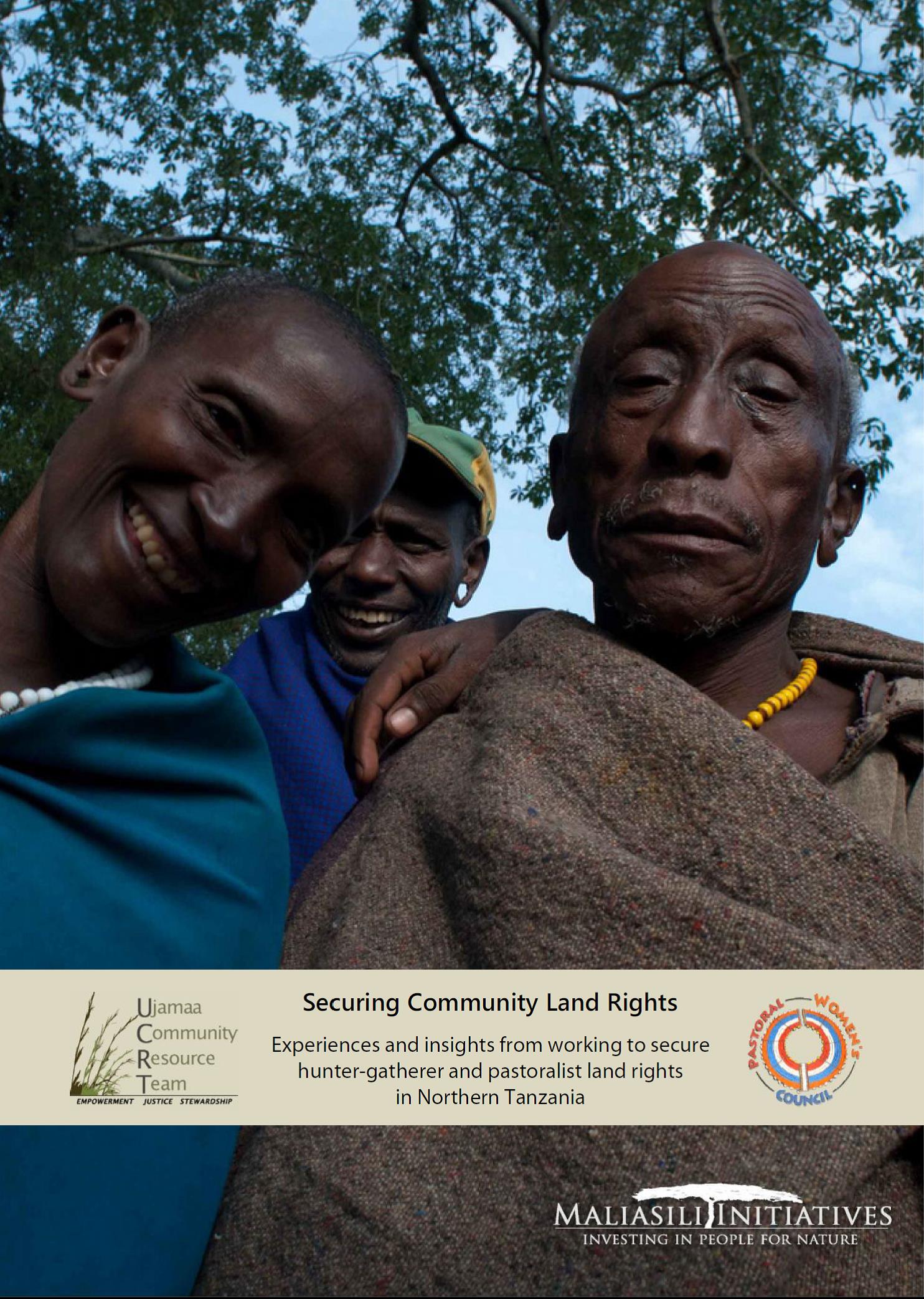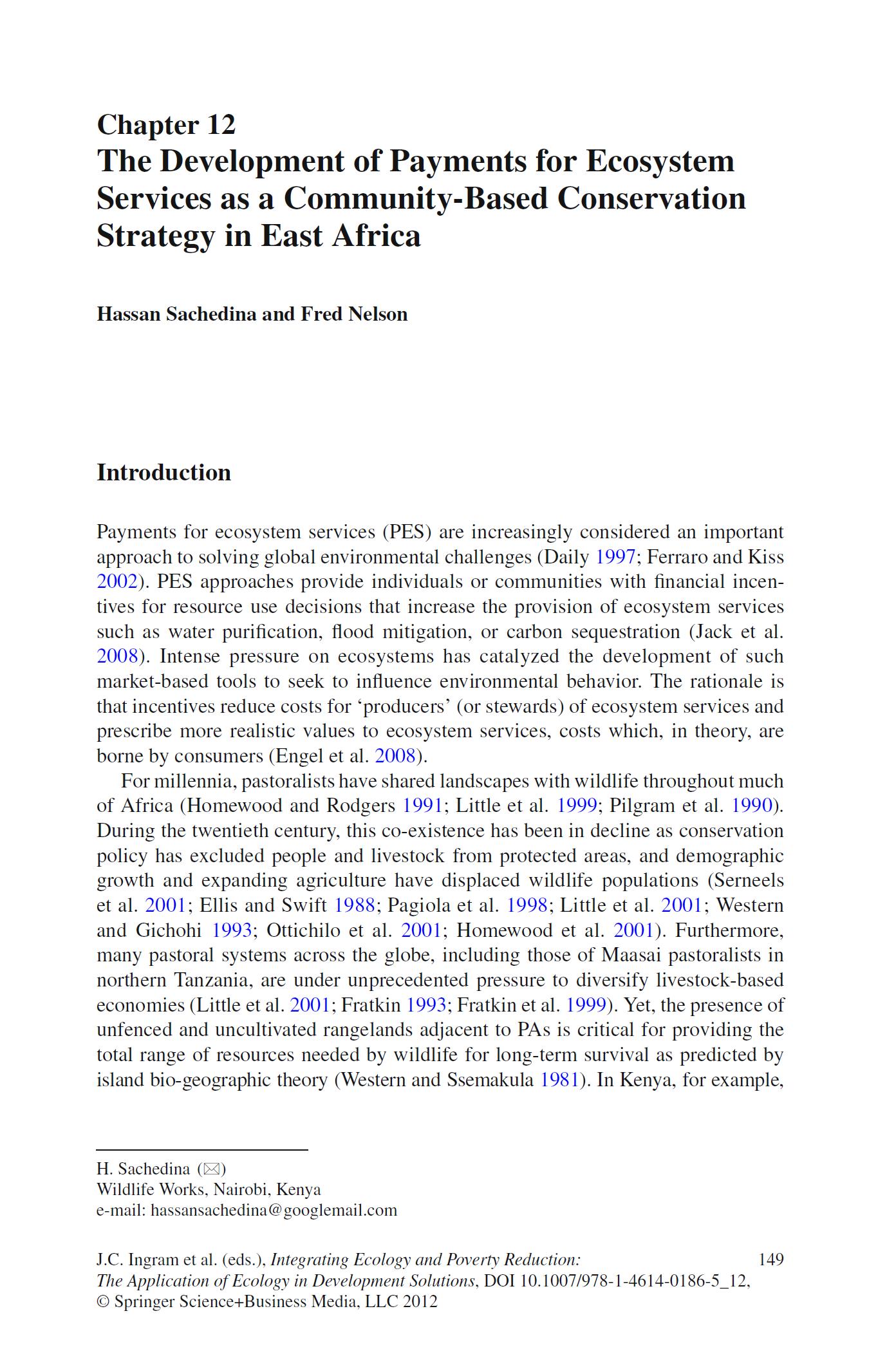FPIC and the Extractive Industries - A guide to applying the spirit of free, prior and informed consent in industrial projects
This guide offers a three-point framework for companies seeking to integrate FPIC principles into their policies and apply them in the operations. This includes
• complying with the requirements for FPIC under international and national law,
• implementing FPIC principles throughout the project life-cycle, and
• extending FPIC processes to all project-affected communities in line with good practice guidance. It also seeks to
• articulate the relevance of FPIC to company policy and practice, and





